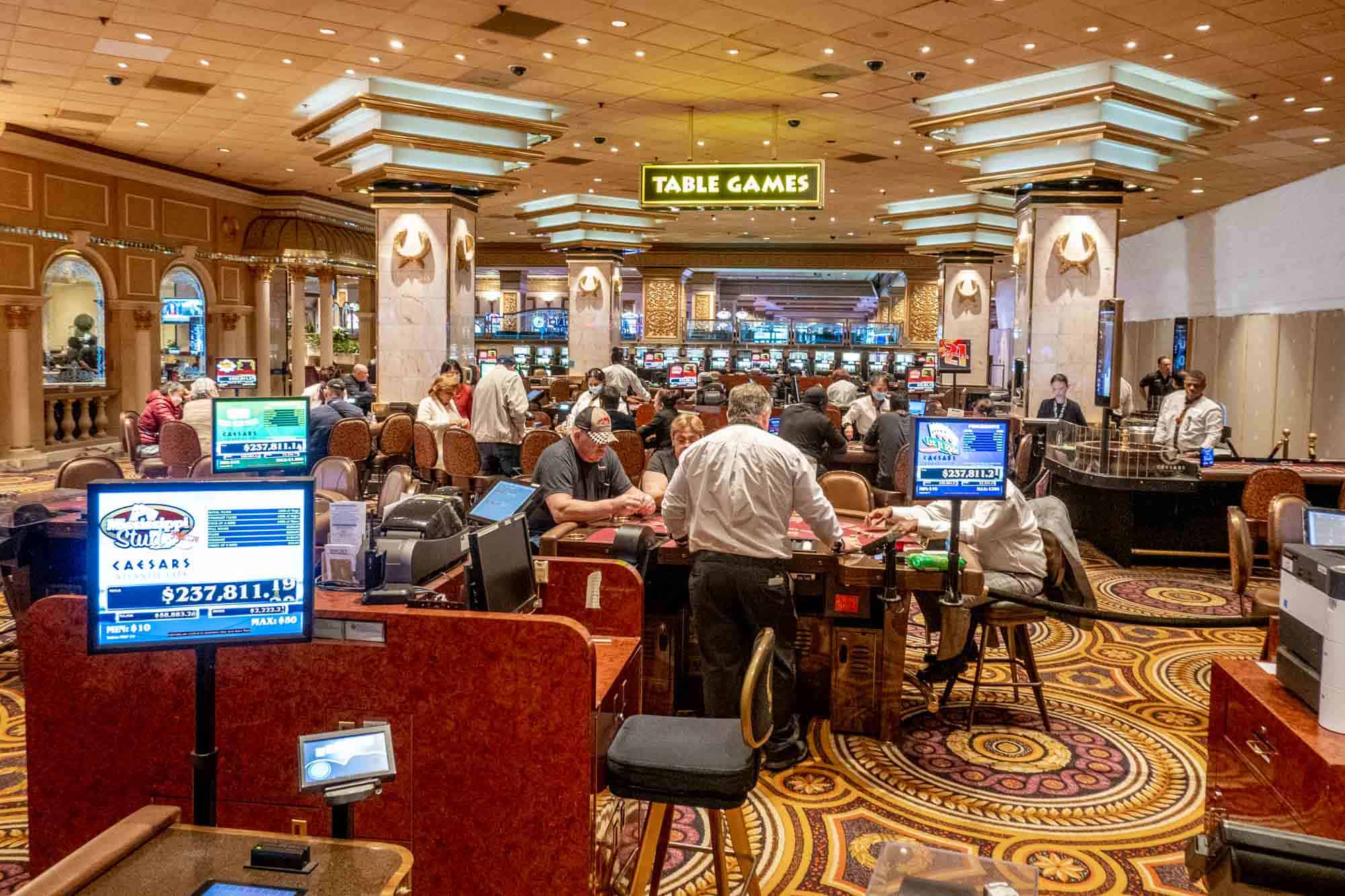
When we think of gambling activities, the first pictures that often cross our minds are those of spinning wheel devices, card tokens clattering on felt surfaces, and dice flying across a betting surface. While numerous view these activities as simple pastimes fueled by luck, a more profound exploration reveals a fascinating blend of tactics, expertise, and community engagement that raises them far beyond simple luck. Regardless of whether you are a seasoned player or a inquisitive newcomer, grasping the subtleties of these games can significantly enhance your enjoyment and appreciation.
Gambling games have developed over centuries, with various cultures contributing to their diverse histories and different forms. From the intricate strategies of 21 to the bluffing methods in poker, players engage in a contest of intellect as much as a gamble on numbers. This dynamic interplay between chance and expertise creates a thrilling atmosphere that draws countless people to casinos worldwide. KG88 As we delve into the realm of card games, we will uncover the methods that can tilt the odds in your advantage and the social elements that make these activities a popular choice for entertainment and interaction.
A Strategy Behind Casino Games
Casino games often involve a blend of skill and luck, which makes them fascinating for players who like a test. Every game has their own set of rules and tactics that can influence the outcome. For example, in games like blackjack, players are obliged to use strategies like card counting and understanding the odds to make smart decisions. This expertise can significantly improve their victory potential, differentiating seasoned players from novices who may depend entirely on chance.
Conversely, titles such as the roulette may seem to be purely based on luck, but tactical thinking can also play into the equation. Players can choose between different betting strategies, such as the Martingale strategy, where they raise the bets after a loss. This method can establish a more controlled approach to the game. Understanding the odds of specific bets can also help players make better decisions on the roulette table, demonstrating that even titles of luck, strategy can enhance the experience.
Furthermore, the game of poker stands out as a game that strongly emphasizes strategy. In contrast to most gaming titles, poker merges skill, mental acuity, and luck. Participants must not only focus on the hands they are given but also take into account their opponents actions and wagering patterns. Mastering concepts like table position, pot odds, and interpreting bluffing is essential for success. This depth of strategy in the game of poker often leads to a more immersive experience for players, where the decisions and skills greatly affect the match’s outcome.
Understanding Probability and Ratios
In the domain of gambling matches, probability and ratios hold a critical role in determining a gambler’s possible results. Every match has its own collection of rules that dictate how the chance of succeeding or failing is calculated. For instance, in matches like blackjack, players have a opportunity to influence their odds through strategy, whereas in games like the wheel, the outcomes are exclusively dictated by chance. Understanding how these chances are calculated can substantially impact how a gambler approaches the match.
Ratios are typically expressed in two forms: fractional and decimal. Ratio odds indicate the proportion of the sum gained to the amount bet, whereas decimal ratios show the overall return for a winning bet, which includes the stake. For instance, if a match has odds of 5 to 1, this implies that for every one unit bet, a gambler could gain five units if they win. Learning how to interpret these ratios allows gamblers to evaluate their potential winnings and make more informed decisions during gameplay.
Players should also be conscious of the house edge, which is the casino’s built-in benefit over the gamblers. Each game has a different house edge, and grasping this concept is crucial for handling one’s expectations and budget. Activities with a lower house edge, such as blackjack and baccarat, typically offer superior odds for gamblers compared to games like slots and keno. By understanding the relationship between chance, ratios, and the casino advantage, players can enhance their gaming experience and strategize more efficiently.
The Exciting Aspect of Table Gaming
Casino games at casinos are often seen as a center of social interaction, drawing players together in a collective experience that goes far past the mere act of gambling. The atmosphere at a poker table can be vibrant, with players engaging not only with the game itself but also with one another. Laughter, cheers, and, occasionally, playful teasing create connections that improve the overall experience of the gaming experience. This communal aspect can turn a alone endeavor into a lively social event, making casino games particularly enticing.
One of the intriguing elements of table gaming is the way it fosters camaraderie among participants. Whether it’s collaborating to beat the dealer at a dice table or sharing stories between hands in a card game, the environment encourages interaction. Participants often share tips or tactics, creating a sense of togetherness that boosts the fun. This interpersonal atmosphere can make new gamblers feel welcomed and less daunted by the competitive nature of gaming. As the game progresses, friendships may form, leading to a sense of belonging that keeps players coming back to the table.
Moreover, the social aspect of gaming at tables extends beyond just the players. Dealers play a vital role in facilitating interaction and maintaining the flow of the game. Their ability to engage gamblers with warm dialogue and their expertise in running the table can create an inviting atmosphere. This relationship between players and staff adds another layer of enjoyment, where gamblers feel bonded not only to each other but also to the staff. Such interactions are often what make the experience unforgettable, as players leave with stories to tell and relationships made, reinforcing the notion that gaming at tables are truly about more than just chance.